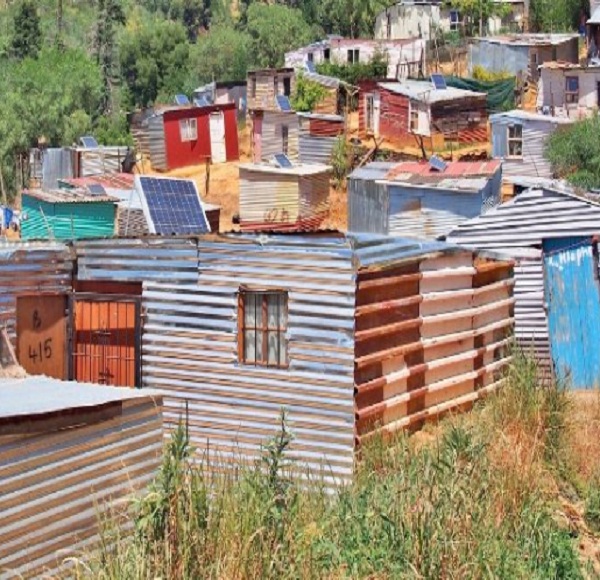The future of electricity supply and delivery in Africa – home to nearly a fifth of the world’s population – is one of the thorniest challenges facing the global energy, economics, finance, environmental, and philanthropic communities.
The new Boston University Institute for Sustainable Energy paper, Bringing Power and Progress to Africa in a Financially and Environmentally Sustainable Manner, draws from an ever-growing body of research on electricity in Africa with recommendations to better inform and guide decision-making, action, and investment.
The statistics are staggering. Roughly 600 million people in Africa lack any access to electricity, at a time when economic advancement is dependent on ample, reliable power. And yet, if Africa pursues universal electrification with centralized, fossil-fuel power, worldwide damages from climate change will be greatly exacerbated. Necessary infrastructure investments, especially zero-carbon power, are hindered by low purchasing power in many African economies and the fiscal insolvency of most utilities.
Major Findings:
- To achieve a minimal level of universal energy access across Africa, at least $20 billion per year of new infrastructure investment – comprising both generation and grid assets – will be required. The capital need is substantially larger for greater energy availability, amounting to $1 trillion spread over the next few decades.
- The mix and the pace of coal power plant and renewable energy project additions will heavily shape the future trajectory of CO2 emissions associated with African electricity generation. Choices on new generation will matter significantly, and major plans are underway to add coal capacity in many African nations, despite increasingly compelling economics and abundant supplies of renewable energy resources – notably hydro, solar, and wind.
- The weakness of transmission grids across Africa, particularly between countries, impedes the ability to effectively develop new large power projects. This drives a greater reliance on smaller-scale generation, providing additional impetus for solar and wind projects that are already benefiting from declining cost trends. The advancement of energy storage technologies will also support an increasing trend towards distributed renewable energy generation assets.
- The electricity sector development path for Africa is likely to be quite different for rural and urban regions. The latter will leverage the existing grid through refurbishments and targeted investments, while the former can take advantage of novel distributed energy resources technologies and business models to deploy entirely new microgrids that have lower capital requirements – and thus the prospect of lower risks to investors.
Source: bu.edu










